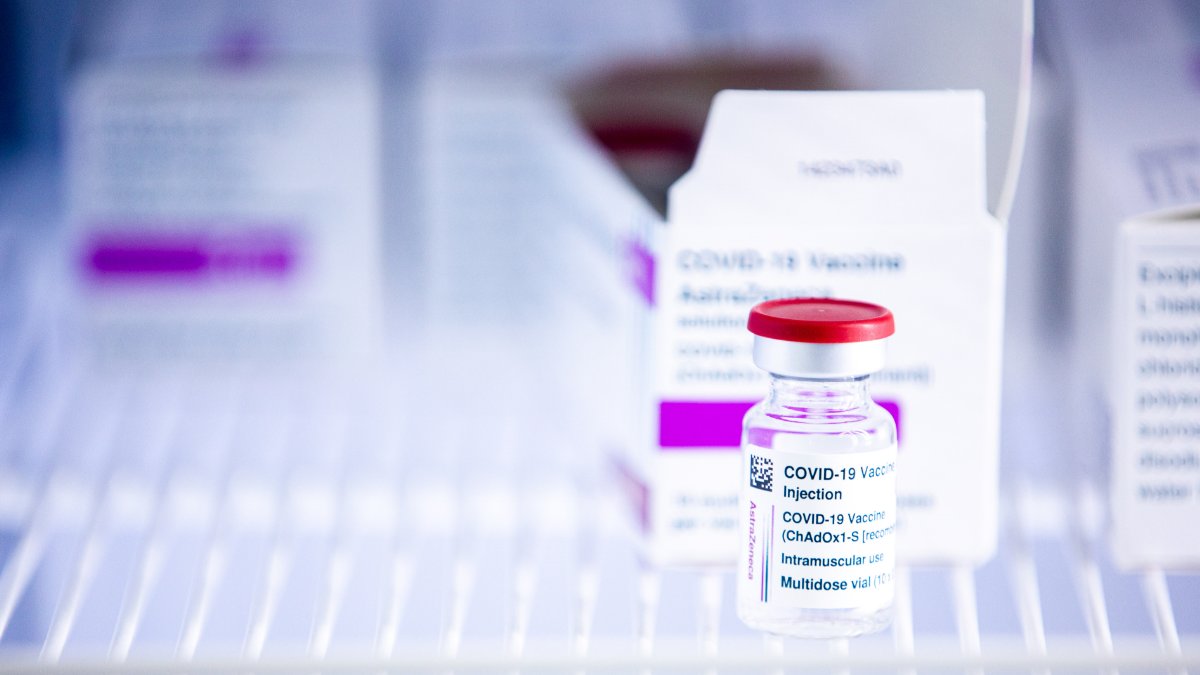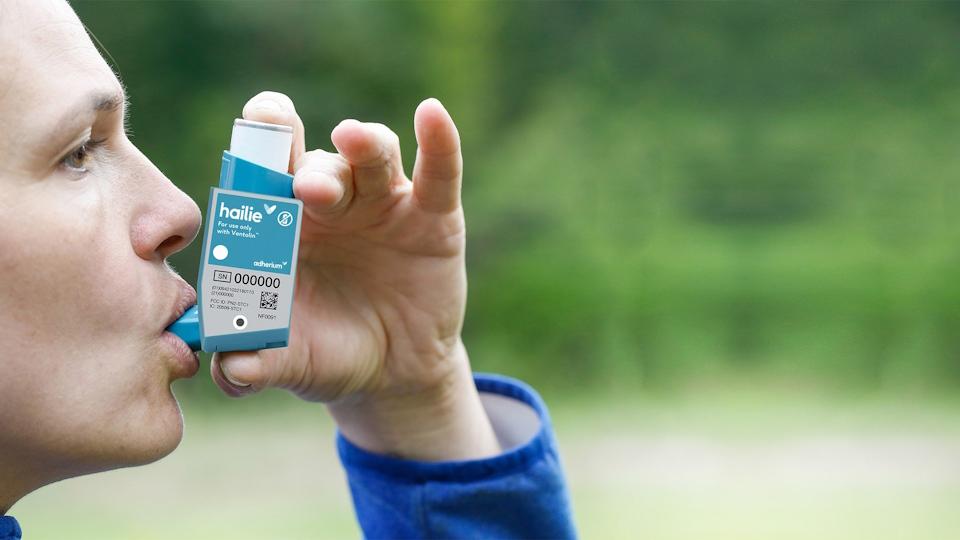UK booster trial will test value of third COVID jab dose

All seven COVID-19 vaccines ordered by the UK government will be tested in a new trial that will see whether they can be used as a third booster dose to protect against new variants.
The Cov-Boost trial is thought to be the first in the world to try to generate data on the value of booster doses in protecting people against COVID-19, and is being led by University Hospital Southampton NHS Foundation Trust.
The seven COVID-19 vaccines on trial will be from AstraZeneca/Oxford University and Pfizer/BioNTech – which provided the backbone of the initial vaccination programme in the UK – along with newer jabs from Moderna, Novavax, Valneva, CureVac and Janssen.
Results are expected in September, in time to prepare for the coming winter and potentially a fresh wave of infections – with health authorities increasingly worried about the emerging variant B.1.617.2, which was first identified in India.
The vaccines will be given at least three months after a second dose as part of the ongoing vaccination programme, and people could receive a different shot to the one they were originally vaccinated with. A control group will get a meningococcal vaccine.
"This is about making sure the vaccines stay ahead of the virus," said Health Secretary Matt Hancock in a news conference, adding that it will include "new vaccines specifically targeted at variants of concern".
The number of confirmed cases the Indian variant in the UK has risen to 2,967, up 28% in two days, according to the latest figures.
Prof Andrew Hayward, an infectious disease expert at University College London (UCL) who also sites on the government's Scientific Advisory Group for Emergencies (SAGE), told the BBC this morning he was concerned the UK may already be at the start of a third wave of infections.
https://twitter.com/BBCBreakfast/status/1395266075701436421
Backed by £19 million in public money, Cov-Boost will examine which vaccines against COVID-19 are most effective as a booster vaccination, depending on which vaccine was used to provide the initial "prime-boost" doses.
The study will also look at the duration of immunity from the initial course as well as side effects. It's hoping to recruit around 2,900 men and women aged over 30 who got their first shots in December 2020 or January 2021.
"This trial will give the Joint Committee on Vaccination and Immunisation (JCVI) the important data to inform their recommendations of how to protect the population against any future wave," said lead investigator Professor Saul Faust, director of the NIHR Southampton Clinical Research Facility.
At the moment, the AZ, Pfizer/BioNTech and Moderna vaccines have been cleared for use by the Medicines and Healthcare products Regulatory Agency (MHRA), while the Janssen and Novavax candidates are under review by the regulator.
The CureVac and Valneva candidates are still in phase 3 testing at the moment, but are expected to be ready for filing within the next few months if the data from those studies are positive.
The UK government secured access to another 60 million doses of the Pfizer/BioNTech vaccine last month, taking its total to 100 million, and has also ordered the same number of AZ shots.
It's also asked for delivery of 100 million doses of the Valneva jab, 60 million apiece of the Novavax product and another delayed vaccine from GlaxoSmithKline/Sanofi, 50 million from CureVac, 30 million from Janssen and 17 million from Moderna.
Altogether, that's enough doses to deliver around seven doses each to the UK population. The national vaccination programme has so far delivered almost 58 million doses in total, with more than 20 million people already covered by two shots.













